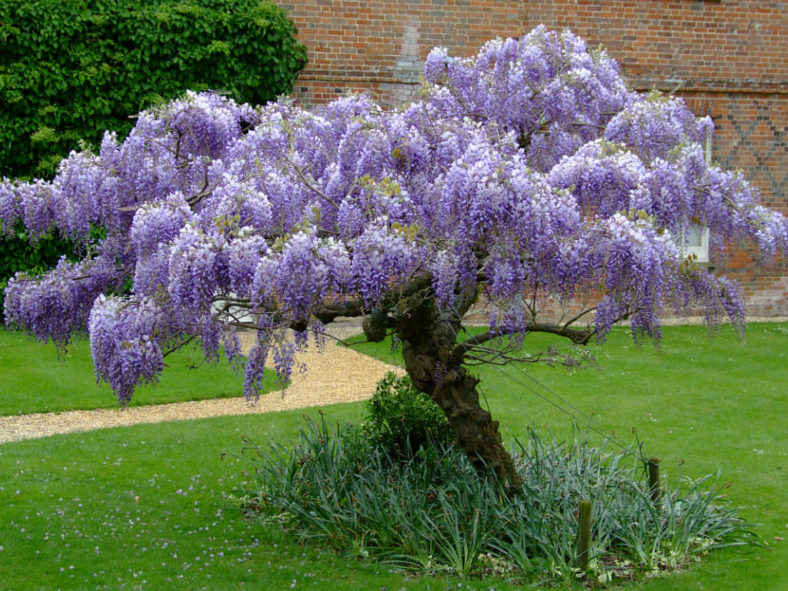Deciduous means "falling off at maturity" or "tending to fall off," and it is typically used to refer to trees or shrubs that lose their leaves seasonally (most commonly during fall) and to the shedding of other plant structures such as petals after flowering or fruit when ripe. In a more general sense, deciduous means "the dropping of a part that is no longer needed" or "falling away after its purpose is finished." In plants, it is the result of natural processes.
In botany and horticulture, deciduous plants, including trees, shrubs, and herbaceous perennials, are those that lose all of their leaves for part of the year. This process is called abscission. In some cases, leaf loss coincides with winter in temperate or polar climates. In other parts of the world, including tropical, subtropical, and arid regions, plants lose their leaves during the dry season or other seasons, depending on variations in rainfall.
The converse of deciduous is evergreen, where foliage is shed on a different schedule from deciduous trees, therefore appearing to remain green year-round. Intermediate plants may be called semi-deciduous; they lose old foliage as new growth begins. Other plants are semi-evergreen and lose their leaves before the next growing season, retaining some during winter or dry periods. Finally, some trees, including a few oak species, have desiccated leaves that remain on the tree through winter; these dry, persistent leaves are called marcescent leaves and are dropped in the spring as new growth begins.

Many deciduous plants flower when they are leafless, as this increases the effectiveness of pollination. The absence of leaves improves wind transmission of pollen for wind-pollinated plants and increases the visibility of the flowers to insects in insect-pollinated plants.
The deciduous characteristic has developed repeatedly among woody plants. Trees include maple, many oaks and Nothofagus, elm, aspen, and birch, among others, as well as several coniferous genera, such as larch and Metasequoia. Deciduous shrubs include honeysuckle, viburnum, and many others. Most temperate woody vines are also deciduous, including grapes, poison ivy, Virginia creeper, Wisteria, etc. The characteristic is useful in plant identification; for instance, deciduous and evergreen oak species may grow side by side in parts of Southern California and the American Southeast.
Source: wikipedia.org
Links
- Plantpedia: Browse flowering plants by Scientific Name, Common Name, Genus, Family, USDA Hardiness Zone, or Origin

